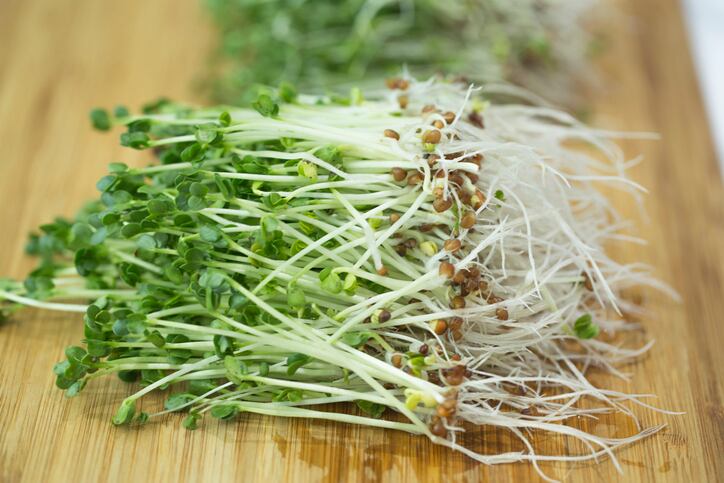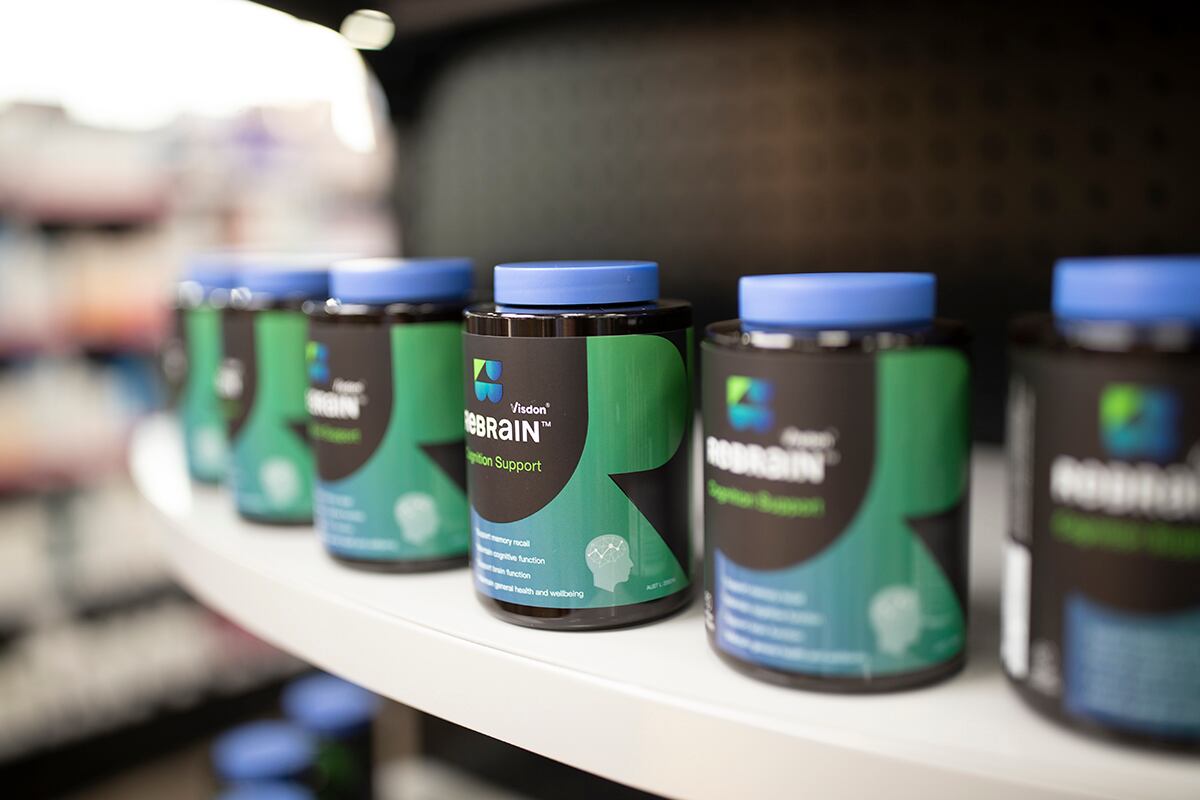It was also found to decrease prostaglandin D2 levels, known for causing inflammation.
In Japan, one in two adults are reported to be unsatisfied with their sleep, and one in five is diagnosed with insomnia.
Sleep is regulated by hormones such as melatonin, prostaglandin D2 (PGD2), and glutathione, which are influenced by oxidative stress and inflammation, resulting in abnormal sleep regulation.
Broccoli sprouts contained several antioxidants including glucoraphanin, vitamins, minerals, carotenoids, and sulphur compounds.
Of which, sulforaphane is a compound of interest, derived from glucoraphanin. It has antioxidant and anti-inflammatory effects, although there are no other intervention studies to examine the effect of sulforaphane on sleep quality.
Researchers in Japan and Kagome’s innovation division conducted a small, randomised, double-blind, parallel-group trial.
“For the first time it was shown that sulforaphane intake for four weeks may increase melatonin production. It was suggested that the increased melatonin production and anti-inflammatory effect of sulforaphane treatment may improve the quality of sleep.”
The findings were published in the Journal of Functional Foods.
Data collection
The study enrolled 16 healthy Japanese adults (30 to 70 years old) who reported a lack of satisfactory sleep.
They were divided into the broccoli sprout group (n=11) and placebo (n=5).
The broccoli sprout group consumed 10mg of glucoraphanin per capsule.
All subjects were instructed to ingest three capsules per day during the four weeks intervention period. The broccoli sprout group took 30 mg of glucoraphanin every day.
This concentration was considered a sufficiently safe dose because it is the estimated range of daily intake of glucosinolates from cruciferous vegetables.
To collect sleep-related data, subjects had to wear a Fitbit watch daily.
At week 1 and 4, subjects visited the clinic where further data was collected on compliance, diet, sleep habits, and collection of saliva samples to measure melatonin, PGD2, PGE2, and glutathione levels.
Three questionnaires, the visual analogue scale (VAS]), Oguri-Shirakawa-Azumi sleep inventory MA version (OSA-MA), and St. Mary’s Hospital Sleep Questionnaire were also completed at baseline and weeks 1, 2 and 4 to assess sleep quality.
The broccoli sprout extract is produced by Kagome, and capsules were prepared by Sansho Pharmaceutical.
Results from questionnaires
Results of the VAS questionnaire showed that broccoli sprout extract intake for 2 weeks could improve sleep quality.
Researchers said the antioxidant and anti-inflammatory effects of sulforaphane may have contributed to maintaining a better circadian rhythm.
However, for the OSA sleep survey and St. Mary's Hospital Sleep Questionnaires, results contradicted the VAS findings. It was found that the placebo group had significant improvements in the sleep quality (maintenance of sleep, nocturnal awakenings) compared to the broccoli sprout extract group.
Sleep records also showed that subjects in the broccoli sprout extract group had a significantly longer light sleep time at weeks 1 and 2 compared to that of the placebo group.
Researchers said: “These results were attributed to differences in values before intervention or to temporary changes, and were not considered to be related to the intake of test products (broccoli sprout extract or placebo capsules).”
Saliva sample analysis
The sleep substances analysed from saliva samples showed no significant differences between the results of the placebo and broccoli sprout extract groups.
Although, within the broccoli sprout extract group, melatonin concentration increased significantly, and PGD2 concentration decreased significantly.
The melatonin-increasing effect of sulforaphane has not been previously reported. Melatonin is a hormone released by the body naturally to help the body prepare for sleep.
The findings from this study suggest that sulforaphane may improve sleep quality, through its higher melatonin levels, lower PG concentrations, and improvements in sleep quality based on the VAS questionnaire.
Although, one limitation of this study was its small sample size, which may result in the lack of significant differences in results between the groups, because the results might have been influenced by interindividual variability.
“In the future, it will be necessary to monitor sleep using a more sensitive technique such as electroencephalography, and to conduct a study in which the number of subjects is increased by selecting minimum indicators based on this study to confirm the effect of sulforaphane,” researchers concluded.
Source: Journal of Functional Foods
https://doi.org/10.1016/j.jff.2021.104574
“Effects of glucoraphanin-rich broccoli sprout extracts on sleep quality in healthy adults: An exploratory study”
Authors: Masahiro Kikuchi, et al.
We’ll be shining the spotlight on Healthy Ageing: Mobility & Cognitive Health in our Growth Asia 2021 interactive broadcast series, featuring expert insights from a host of big-name brands and world-renowned experts. Register for free here.



